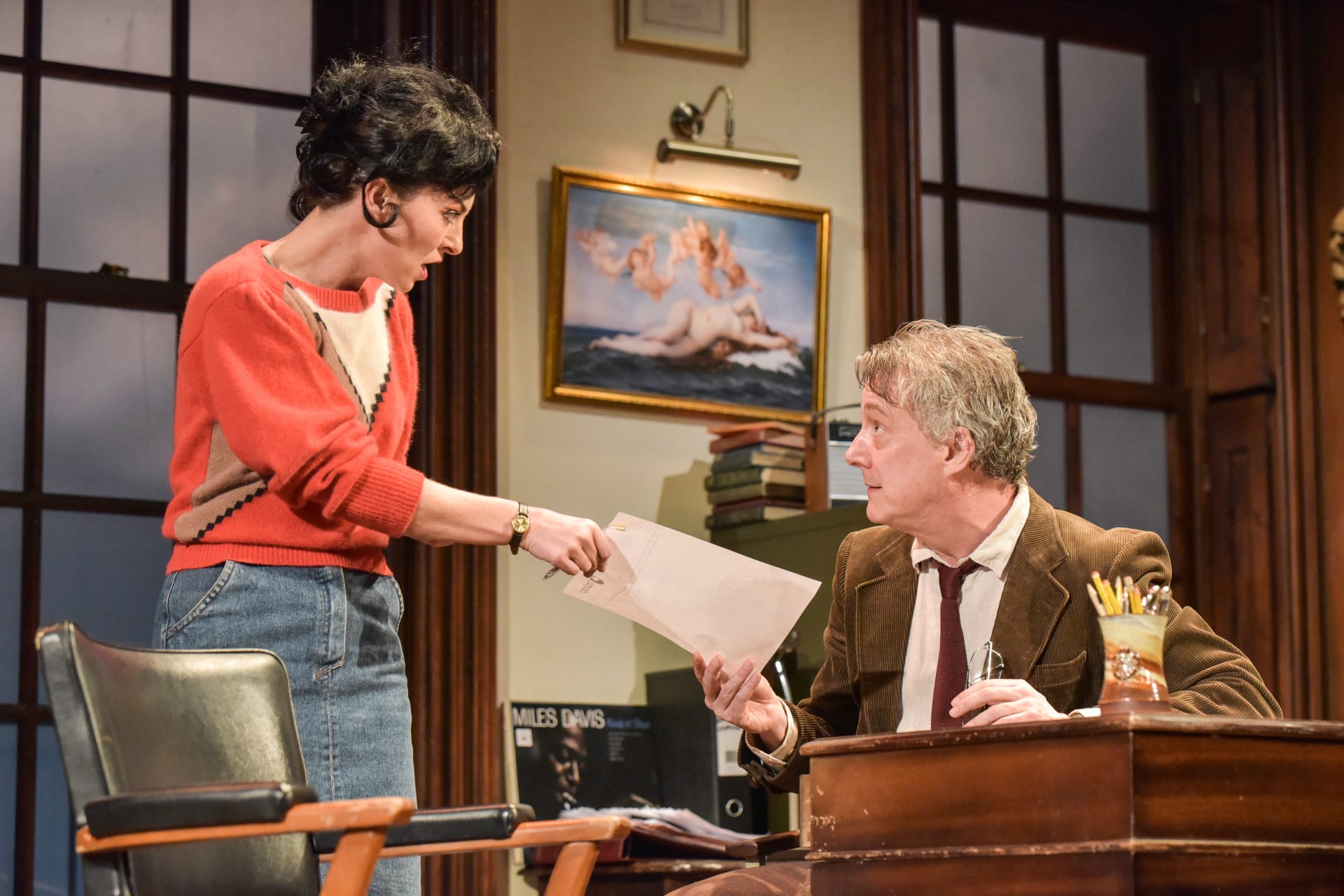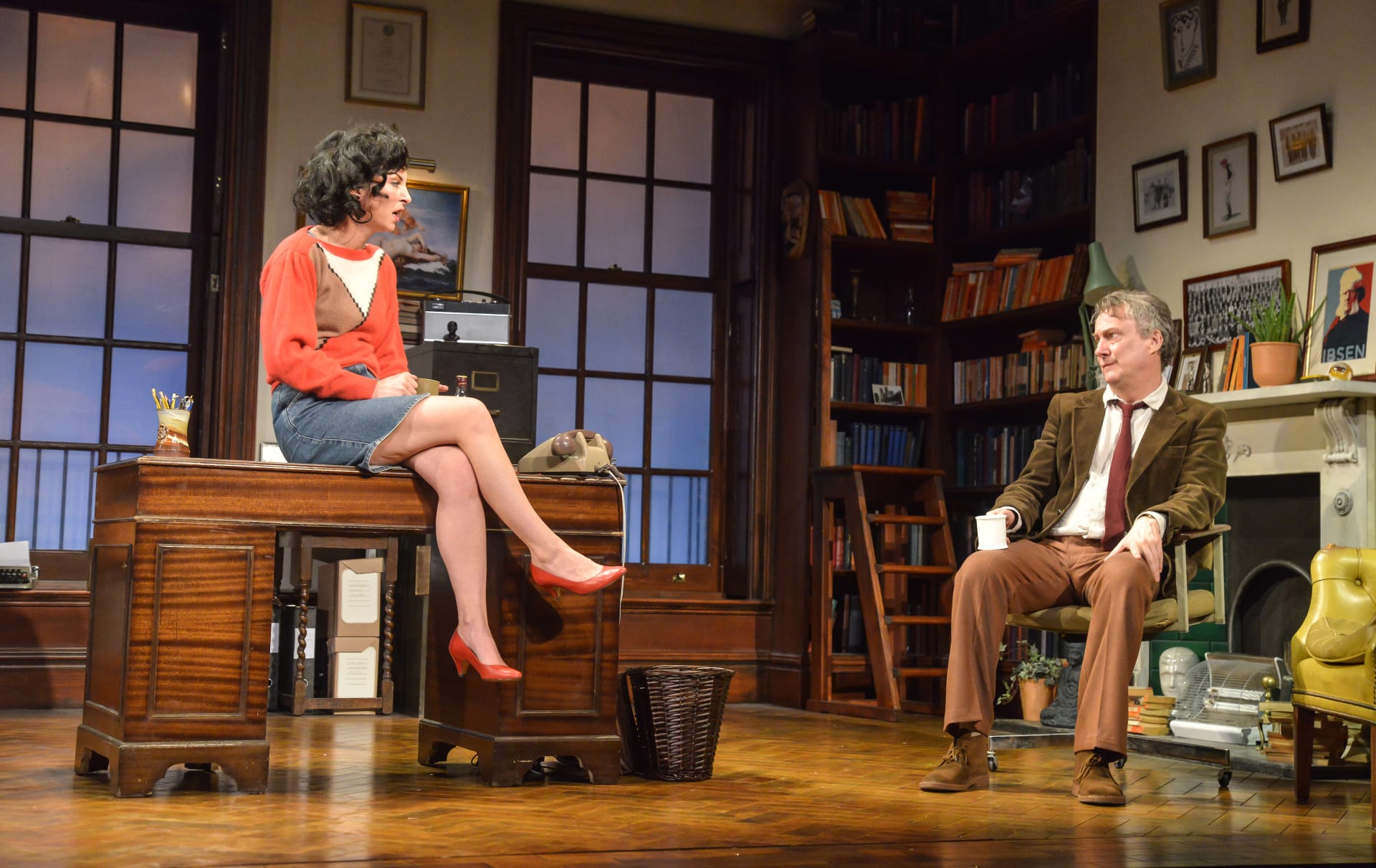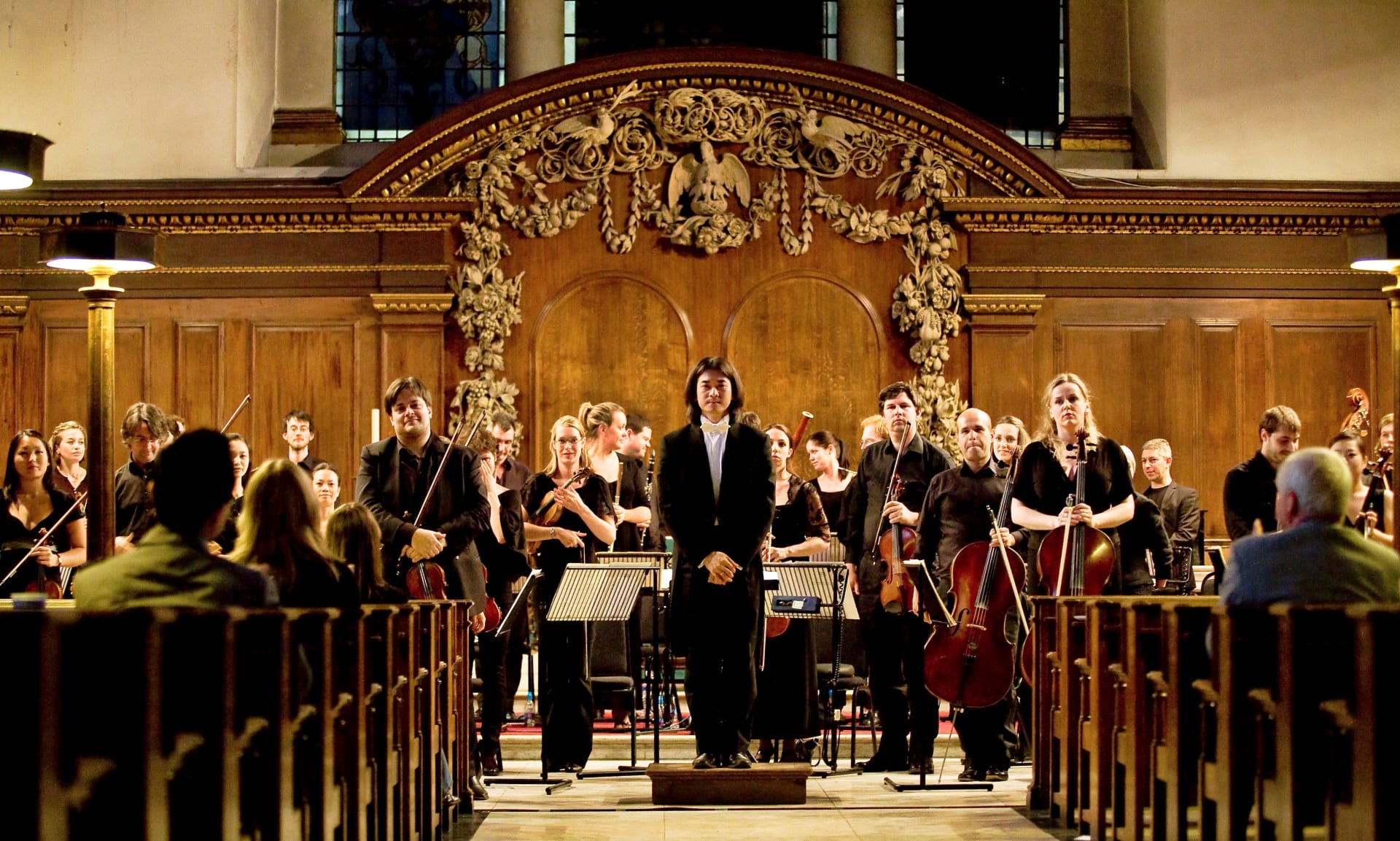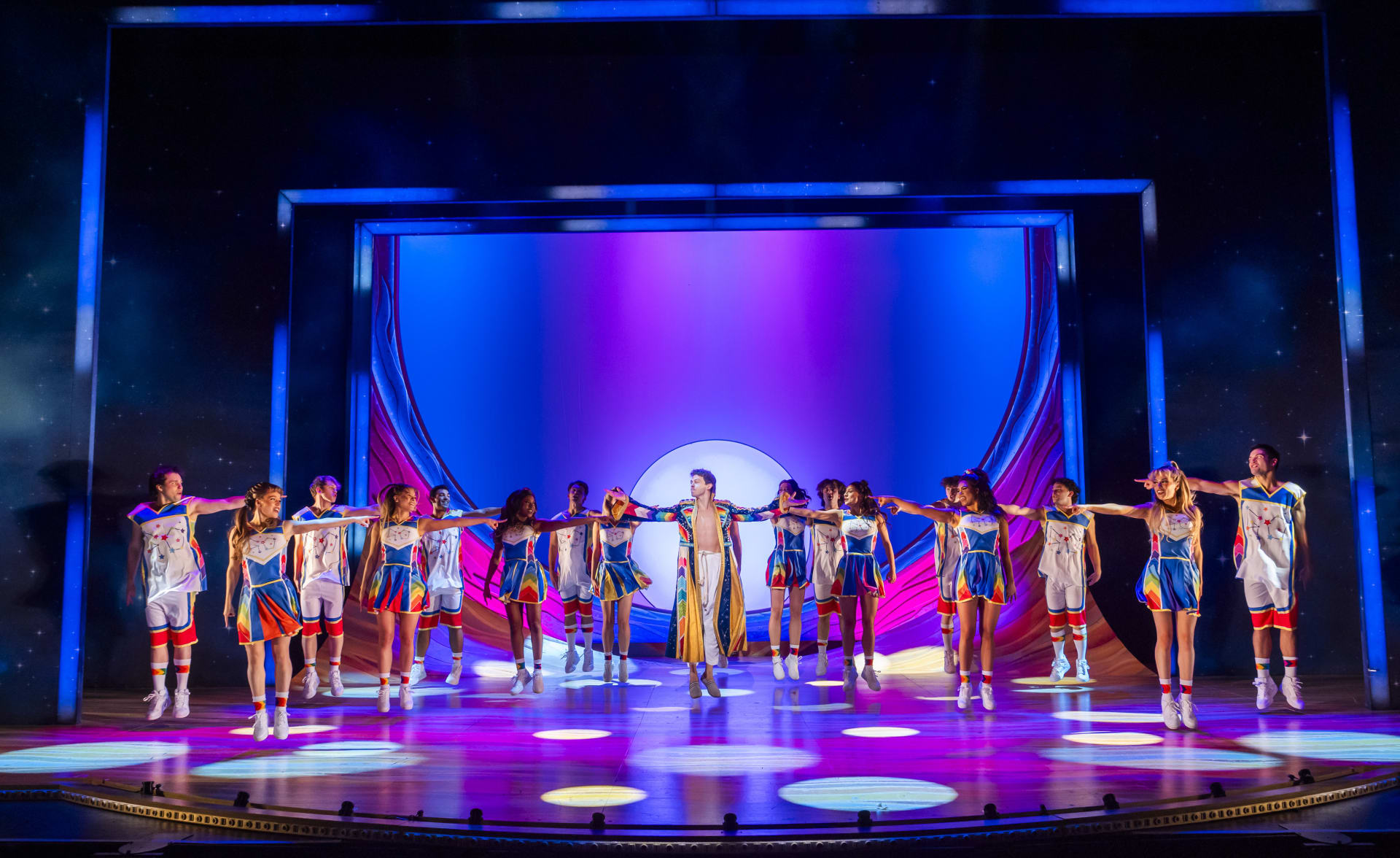Having not seen the 1983 adaption of Willy Russell’s play, my eyes were fresh to Stephen Tompkinson and Jessica Johnson as Frank and Rita, without a preconception of the shoes being filled. I left with a head full of the issues that swirl around the piece – of social mobility, class, education and feminism – but that’s not the real success of this excellent revival.
Rita, a 26-year-old Liverpudlian hairdresser, wants something more from life, and seeks personal growth through studying literature. Her Open University tutor Frank is a jaded misanthropic drunk and frustrated poet whose cynicism is matched by Rita’s verve, and mollified by her enthusiasm. She becomes what she thinks she wants to become – a bohemian student-type able to talk freely about poets, authors and playwrights – before realising that academia has a vacuity and hollowness all of its own. Frank is initially buoyed by Rita’s passion and her unpretentious, plucky attitude, but returns to his cynicism and whisky upon seeing Rita regrettably adopt the superficialities of university life.
Much is being written about the pertinence of the themes on offer here. Today, Rita’s course would cost thousands of pounds, and universities – especially Oxford and Cambridge – continue to fall short in terms of access. I feel that if you asked ten people about the pace of social mobility in this country you’d get ten different answers, and while so much else about our world has been complicated and enriched by technology and the internet, the vestiges of class remain steadfast. The socioeconomic stratum you’re born into is still a major determinant of the opportunities you receive in life, apparent as Boris Johnson became the 20th prime minister to come from Eton.
At its heart though, Educating Rita is a sweet story of two unlikely friends. The collision of minds is the spring from which our protagonists’ humour, wit, pathos and progression sprout, and where the story eventuates. It doesn’t make much of a comment on the whys and the wherefores, but portrays two interwoven personal journeys with real tenderness. We get on board with the characters not because of the satisfaction of principle, as with something like An Inspector Calls, but because the shades of their personalities – their weaknesses, jealousies and failures – are recognisably and enchantingly human.
This makes it quite the task for our two actors, and it’s one they rise to with grace. Stephen Tompkinson is a really quite a remarkable comic actor. He was last on the Playhouse stage alongside Nigel Havers and Denis Lawson in Art, and to this he brings the same masterful sense of timing and vocal strength. Jessica Johnson took maybe five minutes to relax into the Scouse accent, but once acclimatised, she absolutely flew. Their chemistry is delightful, and even though the set is unchanging, you intimately feel the evolution of their relationship as they bring out all the charming gradations of Russell’s writing and wit.
I’ve said that the play isn’t trying to make a point, but that’s only partly true. Its resounding message is that education means choice, and that’s true at all times and all places. But while the play certainly offers much food for thought, its success comes when it feeds the heart. And leaving this superb production, my heart was very full indeed.










